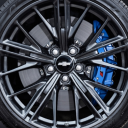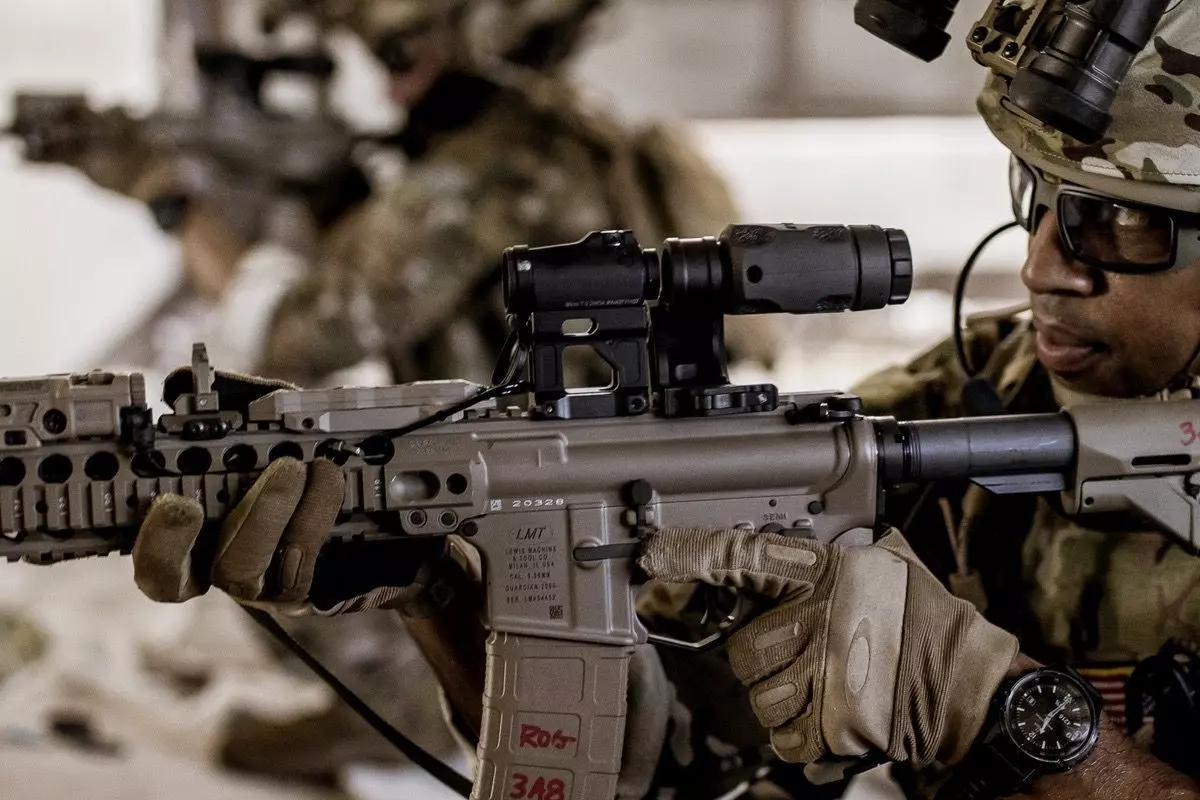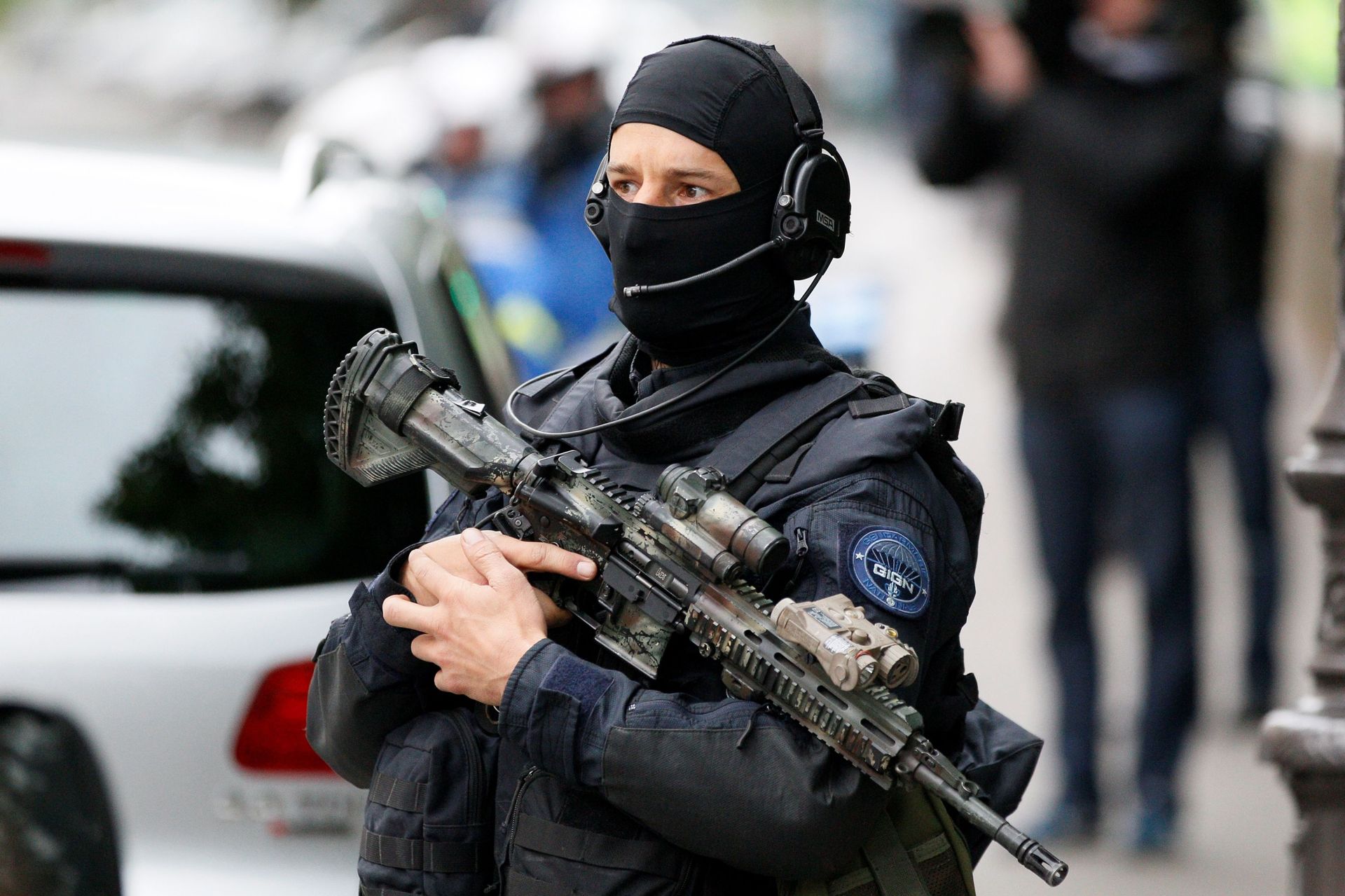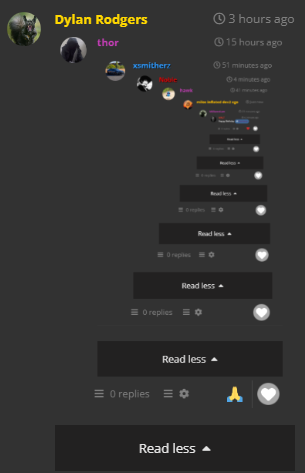Facts
During an active federal reserve robbery, Mr @ doubleueyeceekay (the claimant) placed a Caesar BTT airplane at the gate of the Altis International Airport police precinct (Air HQ) as to impede the Altis Police Department (APD) from responding to the robbery. In response to the blockage, Staff-Sergeant @ knifemaster (the defendant) utilized a Hunter armored vehicle to collide with the airplane leading to the death of a bystander and the destruction of the airplane incurring damages of no-less-than $200,000 to the claimant.
A dispute was filed and an ad-hoc mediation between the parties proved to be fruitless, as a result, the claimant filed a suit before the competent jurisdiction (APD Internal Affairs) who issued a ruling in-favor of the officer alleging that the practice of ramming vehicles, while prima fascie a violation of Ch 2 § 3-4 of the Altis Life Rules, has a longstanding acceptance under customary law wherein related to vehicles utilized to render a federal event inaccessible.
Issue
The reasoning of the court relied on the bad-faith utilisation of a server rule as to impede the APD from carrying out their obligations. The question posed by this case is as-follows ; can the violation of a server rule be legitimate if used to combat an action that can only sustain itself through the abuse of another rule?
Ratio
The main law applicable to this case is Ch II § 3-4 of the Altis Life Rules (VDM) and Ch XII § 9 of the APD Handbook (federal events) although this case has smaller implications concerning chapters XVII § 2-5 (applicability of server rules during federal events) and XXIII §2 (event disruption) of the Altis Life Rules.
Analysis
To understand the ruling issued by the court, it is vital to first analyse Ch 2 § 3-4 of the Altis Life Rules which states as follows
3 - Do not ram other vehicles for no reason.
4 - If your intention is to collide with another vehicle for whatever reason (To pit, disable, immobilize, troll, etc.) that's fine. However, if you collide with a vehicle on purpose and because of the collision there is an explosion/death, then you may be found accountable and may be banned. You initiate these maneuvers at your own risk.
This section of the code is at the heart of the disagreement between the parties, as the defendant's argument relies on the specific verbiage "for no reason" as a means to render their destruction of the claimant's vehicle as a legitimate act, meanwhile the claimant believes that the specific mention of explosions caused by a "valid" collision establishes the defendant's liability.
Furthermore, it is not possible do discuss this case without touching on Ch XII § 9 of the APD Handbook which establishes a contractual obligation for APD officers to respond to federal events unless otherwise directed by ranking officers. This creates a conflict of laws wherein the claimant's actions were a direct impediment to the execution of another server rule, nonetheless, even as the court acknowledged, the hierarchy of norms place server rules above APD rules, this is further reinforced by Ch XVII § 2-5 of the server rules which establishes that :
2-5 All other server rules still apply such as APD Wave rules, NLR, ect.
With all of these facts and the applicable law, an in-concreto analysis would show that the claimant was correct in affirming that the defendant wrongfully rammed their vehicle, furthermore, Chapter VI § 1-3 of the APD Handbook states that officer may enter locked civilian vehicles for the purposes of "Unblocking a road, pathway or an area officers are attempting to access.". This should serve as an aggravating factor in support of the claimant's suit as, per the cited section, there was an available remedy which would have respected server rules and would have not caused the damages for which the claimant is suing. Within this perspective, it may be affirmed that the defendant's actions were manifestly disproportionate to the impediment posed by the aircraft, and that their escalation to the most extreme remedy indeed caused them to be civilly/administratively liable.
With that said, the decision issued by @ Winters was not by itself wholly disproportionate ; utilizing a comparative-law approach we can affirm that within certain civil-law systems there is a notion of an "abuse of rights" wherein a right or protection is utilized in bad faith as to cause harm or discomfort to the public order or other citizens.
I would like to bring light to article 2 of the Swiss Civil Code which states "Everyone is expected to exercise their rights and fulfill their obligations according to the rules of good faith. The manifest abuse of a right is not protected by statute.". Utilizing Swiss comparative-law it is possible to affirm that the claimant's actions constituted an abuse of rights as the airplane was deliberately placed in front of a roadway as to render difficult police actions without breaching the claimant's right to the preservation of their property. Furthermore, despite the court's admittedly belligerent approach to the claimant, multiple previous cases have seen an acceptance of similar remedies to comparable situations rendering the "HQ block exception" as a part of Olympus customary law.
Finally, XXIII §2 of the Altis Life Rules establishes that event disruption is a prohibited activity, and impeding APD officers from carrying out their legal duties within the context of a federal event could be considered a case of event disruption which would render the claimant's suit null and void.
Conclusion
It can be reasonably argued that the decision of the court was borne out of an insufficient legal basis as to deal with situations such as these where a manifest abuse of rights causes a breach of other rules as to remedy the situation. While the court's decision is controversial yet acceptable, regulators should include further clarifications within APD and server rules either explicitly addressing situations where there is an abuse of rights, or explicitly permitting the "federal-event exemption" within the current framework of rules.
Signed Sploding Burnout, esq
Altis Bar Assn n. 69-420
































